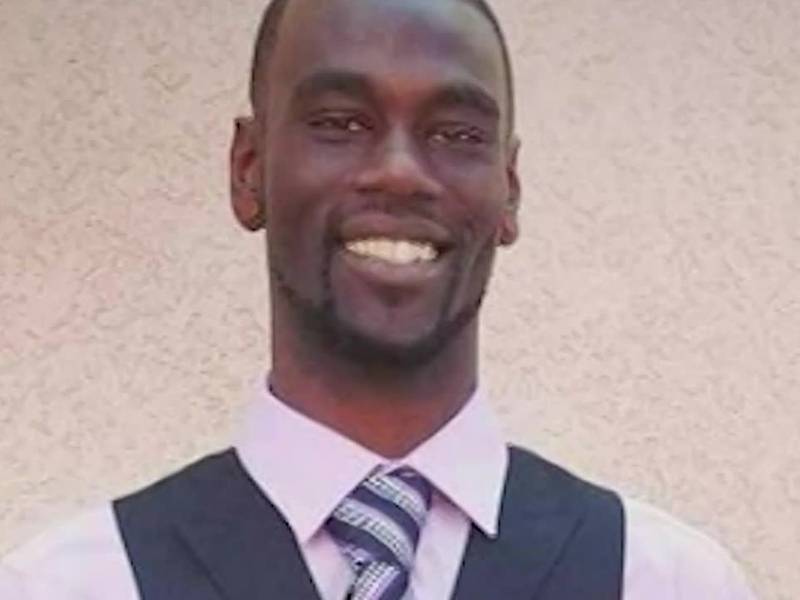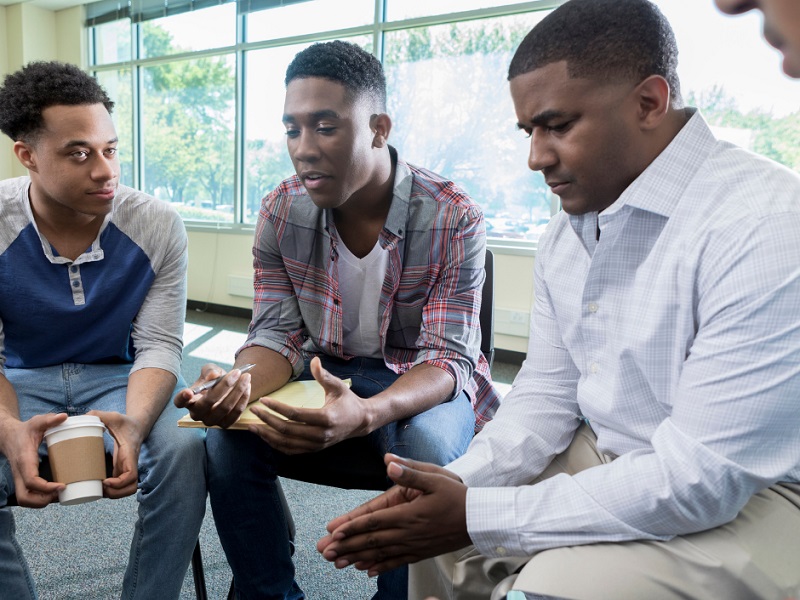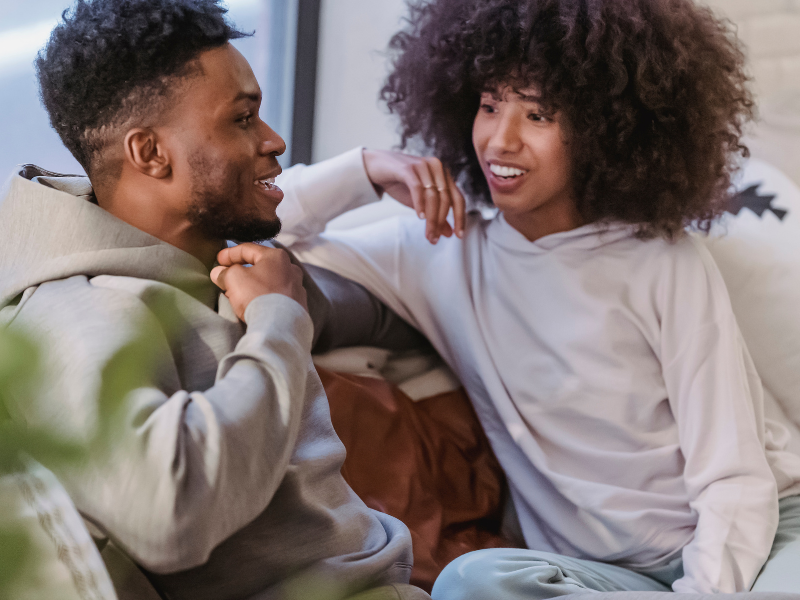The release of footage showing the brutal beating of Tyre Nichols by Memphis police and protests in Atlanta have renewed public debate on the issues of police brutality and police reform.
For some people, seeing is believing, and the circulation of videos documenting police violence is valued as a tool of accountability.
But for many in the Black community, which studies show is disproportionately affected by police brutality, viewing videos of and having conversations about police violence can have several adverse effects, including psychological distress and trauma.
What is trauma?
The American Psychological Association defines trauma as “any disturbing experience that results in significant fear, helplessness, dissociation, confusion, or other disruptive feelings intense enough to have a long-lasting negative effect on a person’s attitudes, behavior, and other aspects of functioning.”
In her seminal book “Trauma and Recovery: The Aftermath of Violence – From Domestic Abuse to Political Terror,” published in 1992, Dr. Judith Lewis Herman notes that encountering a traumatic event permanently alters one’s perceptions of safety.
To prepare for a threat, these individuals develop intense feelings of fear and anger. These changes in emotional state are usually biological, as shifts in attention, perception and emotion are normal physiological reactions to a perceived threat.
This is known as our “fight or flight response.”
Trauma can manifest itself in various ways. For example, on some occasions, traumatic events are known to lead to feelings of depression and intense sadness and episodes of helplessness.
Additionally, trauma is known to increase one’s state of hypervigilance, or the elevated state of constantly assessing potential threats in the area. This state of elevated alertness often creates anxiety around dying and can have physiological impacts on the body, such as sweating and elevated heart rate.
Police brutality and Black trauma
As a critical scholar and researcher, I use trauma-informed interview techniques to better understand the intersections of police brutality and mental health in the Black community. My research focuses on those most affected, and that research highlights the human experience.
There is always a face behind the statistic.
Thus, my work typically uses critical race theory, as it focuses on the perspectives of marginalized people. For example, my study published in the Journal of Health Communication explored how stories of police brutality are circulated within the Black community and how these stories affect mental health.
Through dozens of interviews, I discovered three key ways in which trauma is triggered by incidents of police brutality that often appear in Black communities.
Intense sadness, hypervigilance and sense of helplessness
The excerpts below are direct quotations from members of the Black community whom I interviewed as part of a larger research project. This study was conducted in Washington, D.C., in 2018, but its findings are still relevant, as it reveals how police brutality directly fuels trauma in the Black community.
Because of research protections and protocol, pseudonyms are used, and no other identifying information can be published.
1. Intense sadness
When asked about feelings after viewing videos or images of brutality, every interviewee indicated intense sadness as the primary emotion. This sadness often affected how individuals went about their day, especially work-related activities.
Darius
I remember I walked into work, face cut up and people were like, “What’s wrong? What happened?” I told them I had been in a fight. But really, I had been beat up by a police officer who assumed I was someone else. I appreciated them asking me if I was OK, but I wasn’t really comfortable telling them, you know? We had previous conversations that let me know they didn’t really think Black lives mattered. After Philando, I had to take a sick day to recover. That’s how sad I was, man.
Chanelle
Philando Castile. I was rrreealllly sad. Philando was the boiling point. I cracked. I literally had to leave my desk at work and take a break. When I came back, my white co-workers told me I was overreacting because I didn’t know him, which pissed me off. What they don’t get is that Philando could be anyone in my family. It’s not just Philando, it’s that I fear my brothers could be shot in cold blood at any moment. That’s why I was so damn sad.
2. Hypervigilance
Interviewees also discussed their chronic fear of dying at the hands of law enforcement. In turn, this fear prompts a permanent state of hypervigilance or hyperalertness; many members of the Black community constantly feel they are going to die if they encounter a police officer.
Mary
Whenever I see cops, I tense up. One time, cops pulled up to me when I was in a car and my friend looked at me with the straightest face and said, “One of us is about to die.” I was so shocked, and I said, “That’s not funny.” But he was serious. He really thought one of us was going to die.
Deion S. Hawkins, Ph.D., serves as an Assistant Professor of Argumentation & Advocacy and the Director of Debate at Emerson College in Boston, Massachusetts. Once a licensed high school English teacher committed to using debate as a tool for social change and civic engagement, Deion is now a critical scholar whose qualitative work centers on underserved, under-resourced and historically marginalized communities that are typically absent in academic research. As an expert in Critical Race Theory (CRT) and health communication campaigns, Deion studies the health disparity of HIV in the Black community. Additionally, his work analyzes the intersections of communication, race, police brutality, and trauma. Deion proudly identifies as first-generation, Black, and Queer; he wholeheartedly believes professors should use their academic privilege and social position to advocate for social change and communicate with the general public for the greater good. In 2021, he founded S107 Solutions, LLC; named after his high school debate classroom, S107 offers a range of DEI & racial justice trainings, team building workshops, academic coaching, and strategic plans to help organizations advance their mission.








